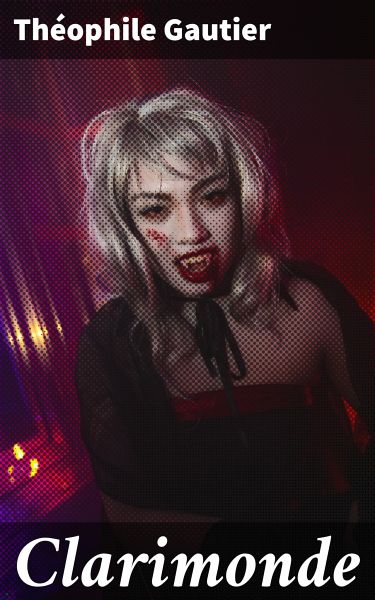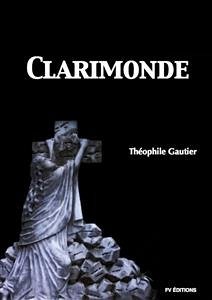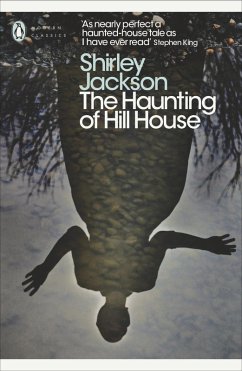
Clarimonde (eBook, ePUB)
Enriched edition. Love, Obsession, and Darkness: A Gothic Tale of Romance and Supernatural Intrigue
Kommentar: Kendall, Julian / Redaktion: Good Press / Übersetzer: Hearn, Lafcadio
Versandkostenfrei!
Sofort per Download lieferbar
1,99 €
inkl. MwSt.
Weitere Ausgaben:

PAYBACK Punkte
0 °P sammeln!
In "Clarimonde," Théophile Gautier crafts a mesmerizing tale that entwines elements of romanticism and gothic horror, illuminating the paradoxical relationship between love and death. Set against the backdrop of 19th-century France, the novella follows the poignant story of a young priest, Serge, who falls under the spell of the enchanting and ethereal Clarimonde, a vampire who embodies both sensuality and the supernatural. Gautier's rich, evocative prose converges with themes of desire and duality, exploring how passion can lead to one's ruin while simultaneously offering a glimpse into the ...
In "Clarimonde," Théophile Gautier crafts a mesmerizing tale that entwines elements of romanticism and gothic horror, illuminating the paradoxical relationship between love and death. Set against the backdrop of 19th-century France, the novella follows the poignant story of a young priest, Serge, who falls under the spell of the enchanting and ethereal Clarimonde, a vampire who embodies both sensuality and the supernatural. Gautier's rich, evocative prose converges with themes of desire and duality, exploring how passion can lead to one's ruin while simultaneously offering a glimpse into the transcendent. The narrative elegantly evokes a dreamlike ambiance, reflecting the height of literary sensibility during the Symbolist movement. Théophile Gautier (1811-1872) was heralded as a central figure in French literature, renowned for his contributions to romantic and aesthetic movements. His early exposure to the bohemian lifestyle of Paris and the influence of contemporaneous poets inspired him to delve into the realms of fantasy, desire, and the ethereal. This exploration of the mysterious and the macabre profoundly shaped "Clarimonde," allowing Gautier to channel personal themes of obsession and the complexities of love. "Clarimonde" is a captivating work that enchants readers with its lush imagery and profound narrative depth. Ideal for those who appreciate the intricacies of human emotion entwined with the supernatural, this novella is a must-read for admirers of gothic literature and those seeking to uncover the alluring darkness that lurks within love's embrace. In this enriched edition, we have carefully created added value for your reading experience: - A succinct Introduction situates the work's timeless appeal and themes. - The Synopsis outlines the central plot, highlighting key developments without spoiling critical twists. - A detailed Historical Context immerses you in the era's events and influences that shaped the writing. - An Author Biography reveals milestones in the author's life, illuminating the personal insights behind the text. - A thorough Analysis dissects symbols, motifs, and character arcs to unearth underlying meanings. - Reflection questions prompt you to engage personally with the work's messages, connecting them to modern life. - Hand-picked Memorable Quotes shine a spotlight on moments of literary brilliance. - Interactive footnotes clarify unusual references, historical allusions, and archaic phrases for an effortless, more informed read.
Dieser Download kann aus rechtlichen Gründen nur mit Rechnungsadresse in A, B, BG, CY, CZ, D, DK, EW, E, FIN, F, GR, H, IRL, I, LT, L, LR, M, NL, PL, P, R, S, SLO, SK ausgeliefert werden.













